Questioni was wondering if you need to shoe horses to take them in a parade? it would be mostly walking, with some trotting.
Also, I'm thinking about when to geld my colt: how can you tell when the testis drop?
AnswerHello Mary,
I strongly believe that if your not WORKING your horse that shoeing is not a necessity. As long as you keep the hooves trimmed and keep an eye on the foot for cracks-splitting-wall weakness your horse will do fine without shodding. Keep in mind that hooves grow about a quarter inch each month, and need trimming to stay even and to prevent breakage. It also does not hurt to add alittle supplement of Biotin in the feed as well to keep the hooves strong. As for the gelding of your colt, when to geld is largely a management decision. Often, facilities require that young horses of both sexes be housed together, so gelding at about 12 months has become popular in order to avoid accidental breeding at puberty (18 to 24 months). It is best to assess each individual though, to determine the optimum gelding time. Some weanlings become preoccupied with nearby mares and may go through or over fences to get near them. In other cases, a long yearling may only quietly watch the mares. Others may develop an obsession with their penises and may devise various means of masturbation or self-mutilation. Other early gelding candidates include those that show premature signs of excess bulk such as a thick, cresty neck. Such individuals might best be gelded at eight months or earlier while others remain very supple and moderate in musculature well into their two-year-old year.
Therefore, depending on management and the tendencies of each individual, gelding usually takes place between six and twenty-four months of age.
Research has shown that there is little difference in the behavior change toward people in horses gelded before puberty (18-24 months) and those gelded after puberty. However, horses gelded after puberty tend to retain a greater amount of their former horse-to-horse behaviors - sexual drive, vocalization, and body language - than those gelded before puberty.
Early spring and late fall are the traditional seasons for gelding. Flies are usually not a serious problem for the healing wound site and the lower seasonal temperatures do not exaggerate swelling of the sheath. However, the mud characteristic of spring and fall may make dry, sanitary conditions more difficult to provide and maintain.
Great luck to you and your future endeavors and have fun at the parade!

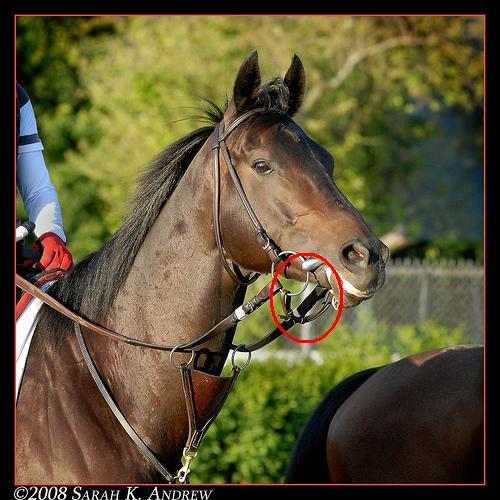 chin straps for horses
Question
chin strap
hello sir, what is the use of chin
chin straps for horses
Question
chin strap
hello sir, what is the use of chin
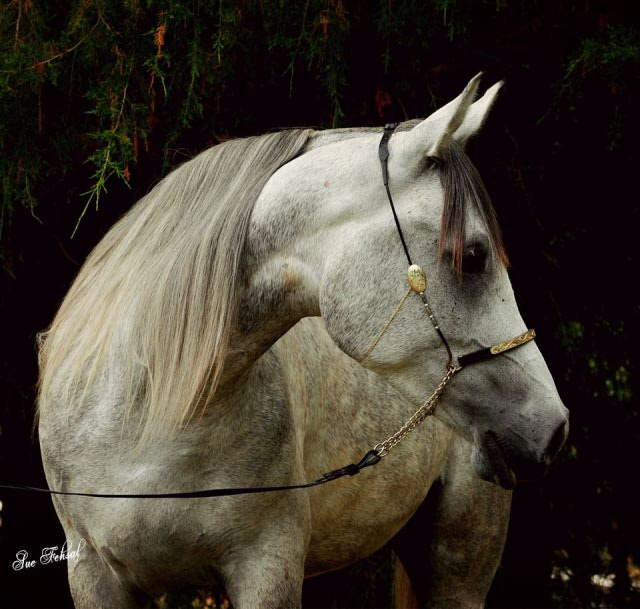 My Arabian
Question
Kadin
Hi, I have a 4 year old Arabian t
My Arabian
Question
Kadin
Hi, I have a 4 year old Arabian t
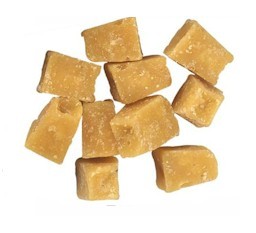 jaggery good for horses??
Question
jaggery
hello sir, i believe that jaggery is g
jaggery good for horses??
Question
jaggery
hello sir, i believe that jaggery is g
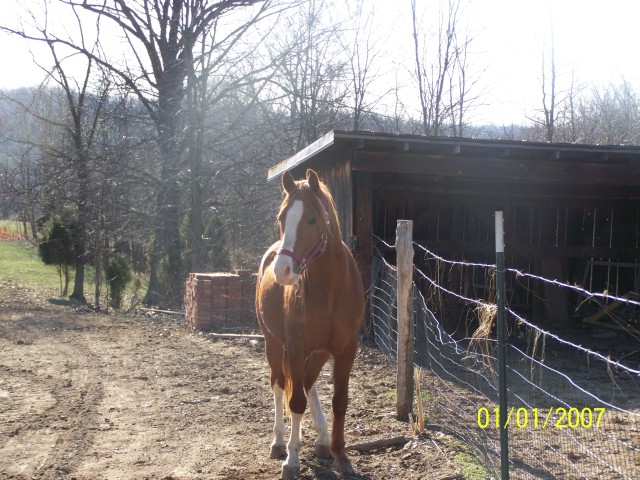 really bad Arabian
Question
Rocket the Bad Arab
Hi, My name is Robin and I
really bad Arabian
Question
Rocket the Bad Arab
Hi, My name is Robin and I
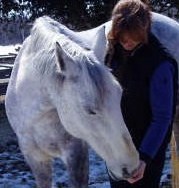 putting halter on
Questionhi,
Im probably going to sound like an complet
putting halter on
Questionhi,
Im probably going to sound like an complet